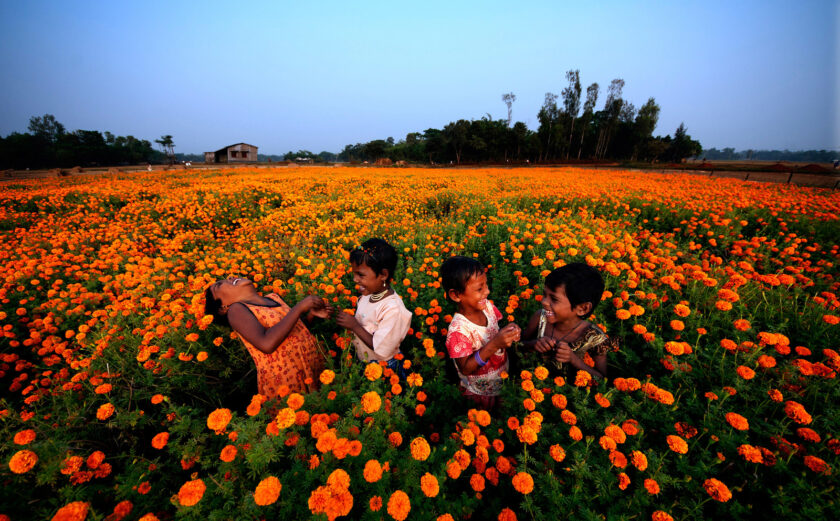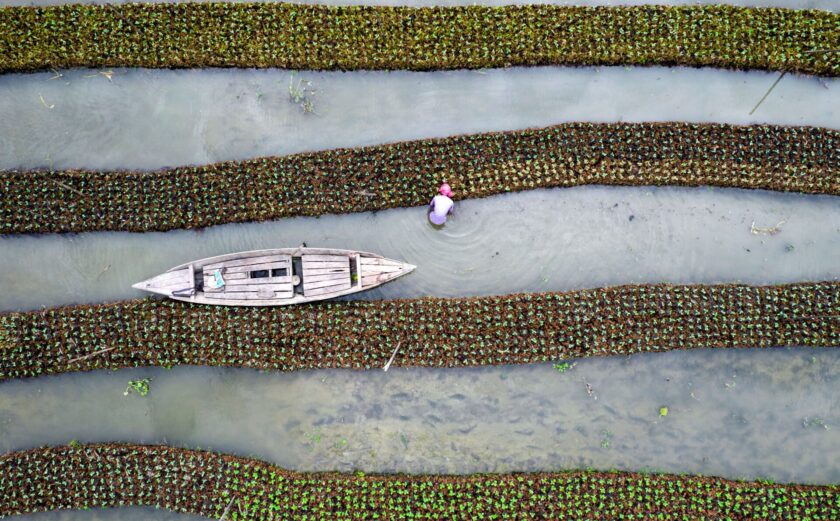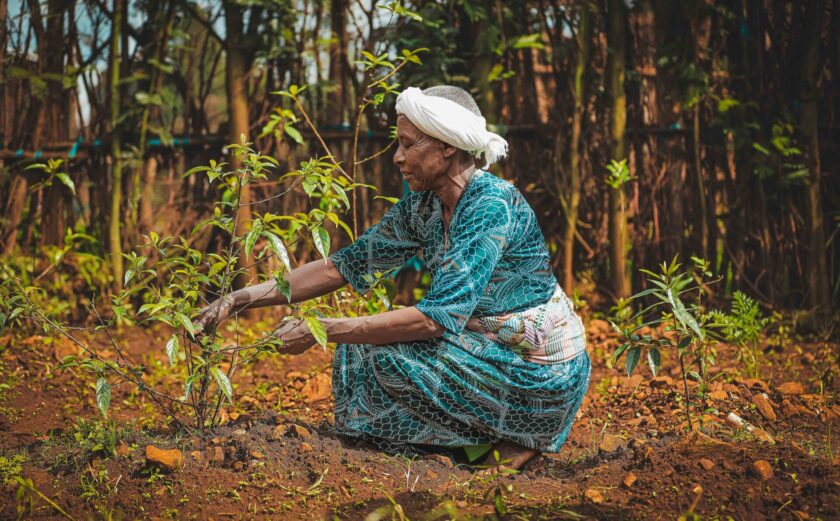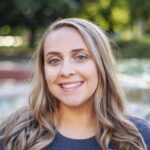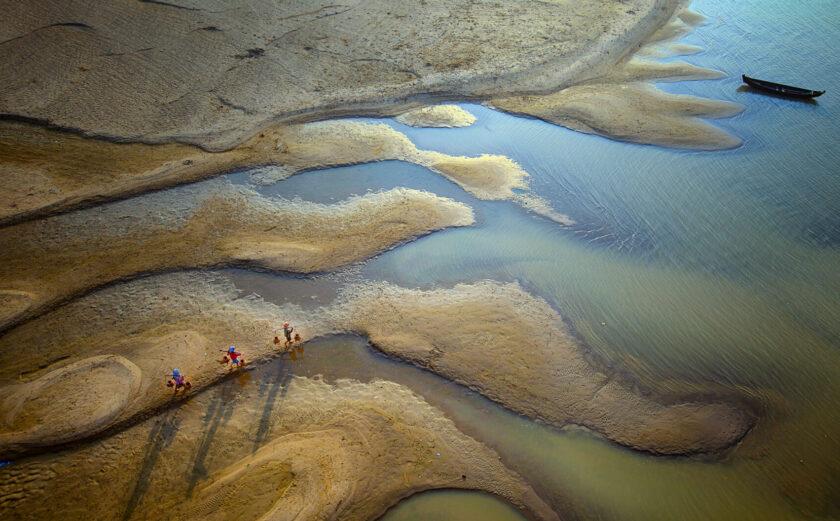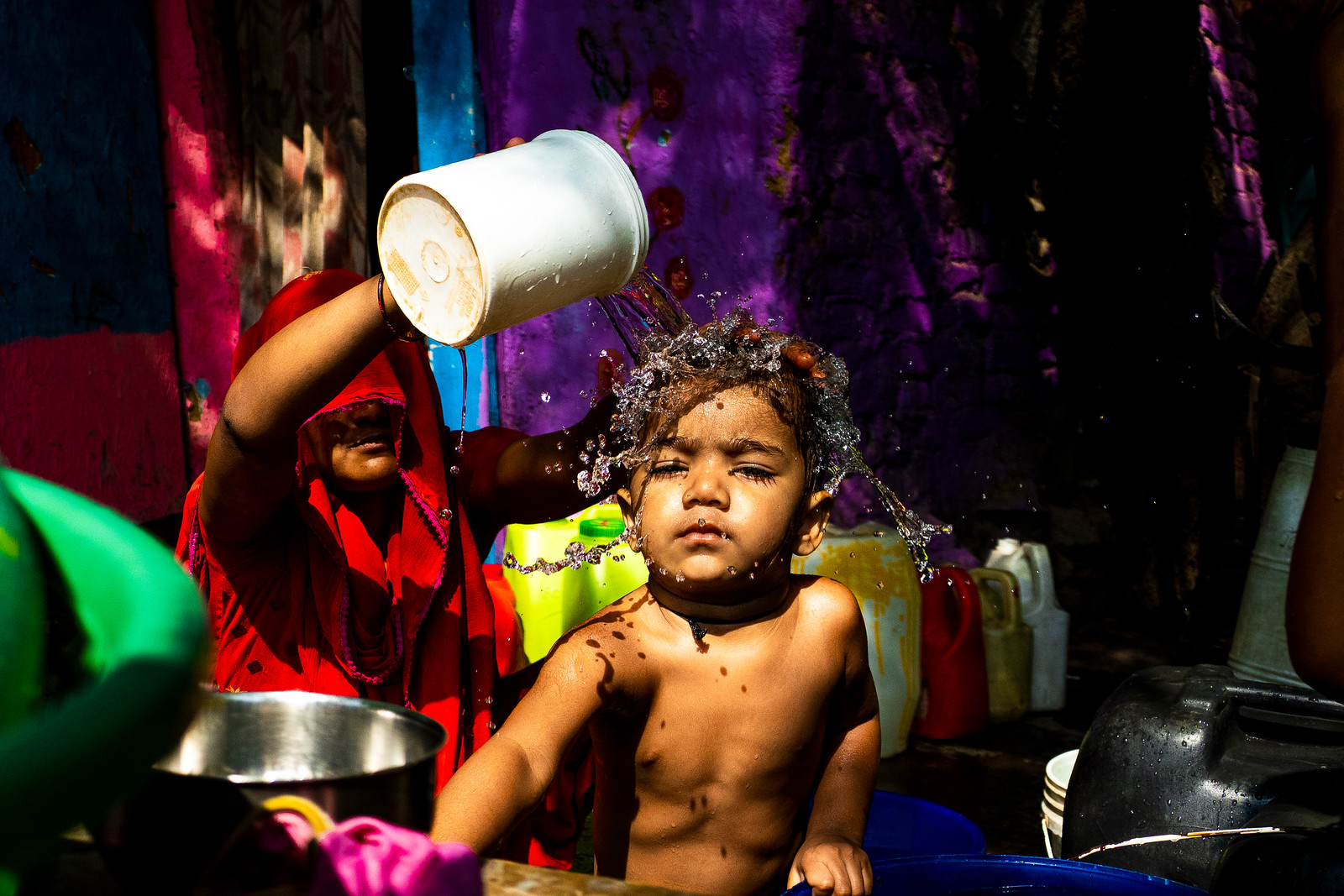
The U.N. Water Conference and a Collective Call to Action
Two billion people lack safely managed drinking water, 3.6 billion people—nearly half the world’s population—lack safely managed sanitation, and 2.3 billion people do not have access to basic hygiene facilities.
Despite being essential for sustainable development, many national governments are still failing to put the necessary policies and financing in place to achieve clean water, sanitation, and hygiene (WASH) resources for all. Further, we know that the path toward achieving many of the United Nation’s Sustainable Development Goals—from eradicating hunger and poverty to improving global health and climate resilience—requires a multi-sectoral and integrated approach that must include water security at its core.
At this critical moment for cross-sector action, global representatives from government, the private sector, and non-profits will gather this week at the U.N. Water Conference, the first water-focused event held by the U.N. since 1977. The time is now for us all to play our part and contribute to sustainable solutions as we seek a more equitable, sustainable world through the lens of water.
Water Security is Food Security
A well-nourished population requires investments, not only in food security and nutrition, but also in WASH. Water is an essential component of food systems from production to processing, and a lack of it, from either drought or exhausted aquifers, leads to food insecurity. In the face of increasing climate shocks and stressors, addressing water security is critical to building resilient agricultural and food systems. Additionally, access to WASH is vital to ensure improved nutritional outcomes, especially for children.
Invest in Health
Investing in clean water, decent toilets, and handwashing facilities, both at work and in communities where people live, is a game changer. We can reach many more people at scale by providing access to clean drinking water in homes, schools, healthcare centers, and workplaces with solutions like drinking water kiosks, hand pumps, toilets, and hygiene training. Investments strengthen the health and wellbeing of a workforce, cut medical and sick pay costs, and boost staff motivation and productivity, while generating a substantial long-term return on investment, averaging $5.39 per dollar invested.
Safe and sustainable water access in healthcare facilities also leads to better health for patients and frontline health workers, with direct effects on infection control and prevention. Fair pay, proper training, and quality personal protective equipment are essential for frontline health workers to do their jobs safely and effectively. But clean water, decent toilets, and access to soap for cleaning and handwashing are equally important. They protect workers and communities against deadly outbreaks of diseases like the recent resurgence of cholera in Malawi.
Climate-Resilient Solutions
Climate shocks only magnify the importance of access to clean water. Worldwide, people feel the impact of a changing climate largely through water—either having too much or not enough. Without clean water, it’s difficult to stay healthy, have enough food to eat, or budget time for work and school.
Water supplies and infrastructure, including sanitation services, are vulnerable to climate hazards like rising temperatures, droughts, flash floods, and rising salinity, making water unsafe to drink. As natural disasters become more severe and frequent, the effects are felt by the world’s most vulnerable communities.
A Collective Call to Action
There is a proven model for fixing these issues, but it requires buy-in from an entire network of people and organizations—from local communities to the highest levels of government. WASH is a fundamental development solution for pressing global challenges that needs increased and diversified financing from governments, donors, and the private sector.
Last year the U.S. government released the White House Action Plan on Global Water Security, as well as an updated Global Water Strategy. Together, these two policies strengthen U.S. commitment to ensuring that communities everywhere have access to sustainable WASH. During the U.N. Water Conference, we call on other global leaders to follow suit, to recognize and champion the role of climate-resilient WASH in their initiatives to protect food security and healthcare for all.
—
Kelly Parsons is the Chief Executive Officer of WaterAid America, an NGO working to ensure universal access to water, sanitation, and hygiene. In this role, Parsons leads the organization in delivering a shared mission to make clean water, decent toilets, and good hygiene a reality for everyone, everywhere within a generation.
